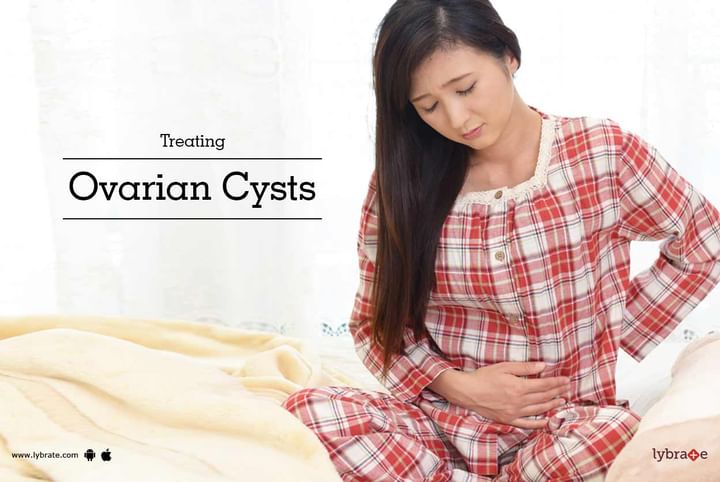Treating ovarian cysts
All women have two ovaries located on either side of the uterus. They are fundamental for the process of child birth. However ovarian cysts have emerged as major problems which most women suffer from. In this, small pockets filled with fluids develop on the surface or within the ovaries. Though they are generally harmless, often times disappearing without any treatment, they do have the potential to create complications during child birth. Treatment of ovarian cysts depends on the size and the quantity of the cysts.
Some of the treatments available are-
1. Patience and a careful watch
In case medical examinations reveal tiny cysts, patience can be the key word. If you did not suffer from perceptible symptoms and the cysts were revealed only through tests, you must follow it with regular visits to the doctor. Few medications and regular ultrasound examinations are all you need in such a case.
2. Contraceptives
Birth control pills or contraceptives may be sometimes prescribed to you as possible medications to treat the cysts. Regular administering of these medicines deters the possibility of further development of cysts. They also benefit greatly in reducing the possibilities of suffering from ovarian cancer in the future.
3. Operations
In case the tests reveal large cysts, operations or surgical removal of them may be the only possible solution. Operations are generally suggested if the cysts have persisted for a long time and are accompanied by terrible pain in the lower abdomen.
4. Ovarian cystectomy
This is performed when the ovaries are kept intact and only the cysts are carefully removed.
5. Oophorectomy
In this form of surgery, only the ovary that is affected with the cysts is removed, while the other is kept intact. Both the ovaries might also have to be surgically removed if they are found to be affected.
6. Hysterectomy and subsequent removal of fallopian tubes and uterus
This is done when the cysts developed have the potential of becoming cancer us. In such a situation, an extreme measure is adopted with the complete removal of the ovaries along with the uterus and fallopian tubes. This is done in order to prevent the subsequent spreading of cancer. If you wish to discuss about any specific problem, you can consult a gynaecologist.



+1.svg)
